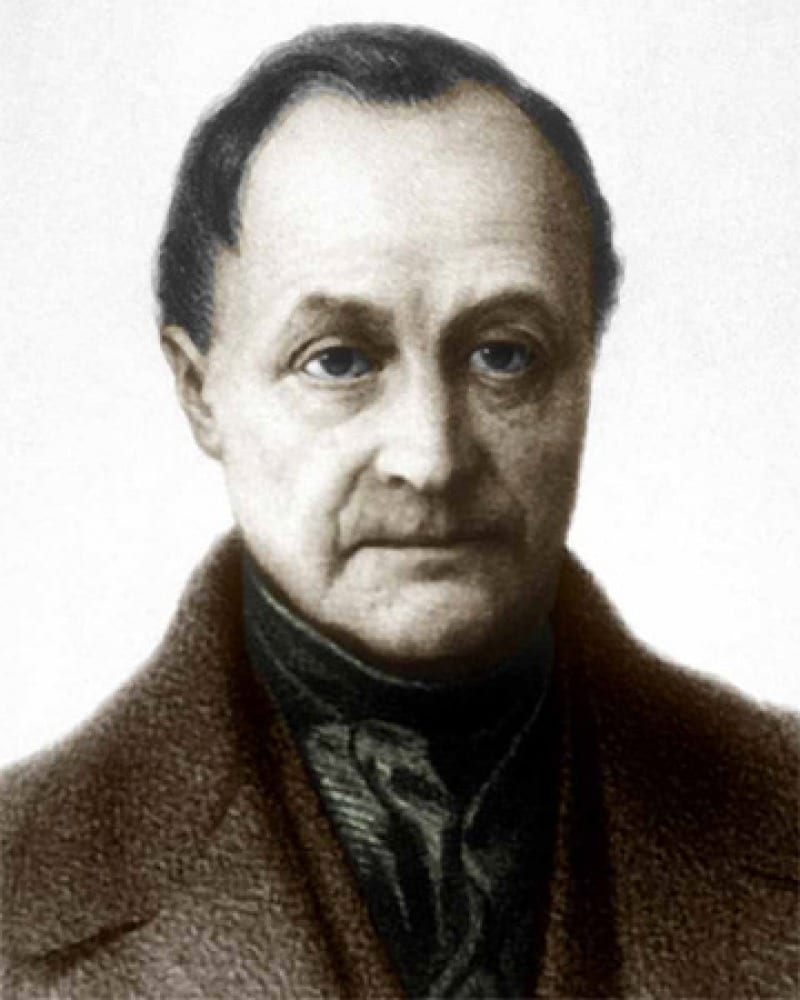I was thinking this morning after reading in Aquinas his treatment of teleology, or in other words, directed/oriented/consistent/purpose filled behavior, I found it perpexing that he ends his sentence with “unless by chance: “Respondeo dicendum quod omne agens agit propter finem, alioquin ex actione agentis non magis sequeretur hoc quam illud, nisi a casu.” Pars Prima Question 44, Article 4: (“Every agent acts for an end, otherwise one thing would not follow from the action of the agent more than another, unless by chance.”) For example, a weed is oriented towards reproducing more weeds. It’s not oriented towards producing elephants or helium. When moderns realized that thousands and thousands of seeds are created by weeds that never succeed in making a new weed, they questioned whether purpose/orientation/tendencies really exist. “That weed is merely one of the four thousand that survived and ‘succeeded.’,” was the implication many took from Darwin’s theory.
For Aquinas, the idea that what is around us is by chance is not even worthy of inquiring into because it is clearly not the case. But you are thinking to yourself, “Why is he even writing this article…that doesn’t seem like a basis for showing that the world couldn’t be happening by chance” True. For Aquinas the situation was much clearer than it is for us because the idea that things happen by pure chance is much more common in our time than it is to Aquinas’. However, Aquinas was quite familiar with what ‘chance’ means and its implications….pure chance means what the picture above means and that is clearly not what is around us.
When someone says that humans have evolved through a process of randomness or that particular weed exists because it randomly was able to live, I think we more often than not find an oxymoron, if that person truly means randomness. Since it is unavoidable to mention the word random in this instance without its preface: process–what is essentially being said is that the process of randomness is not really random. The fact that there is a process by which weeds develop undercuts randomness. Ok, well what is that process developed over time by thousands of instances of successful random instances (survival of the fittest)? We still find that the objects (call them the objects of the primordial soup if you will) had tendencies of behaving in certain ways. They were ordered just the same way that the moon is oriented towards obeying the ‘law’ of gravity (and therefore not random).
The parts of a watch are ordered randomly insofar as they have been placed that way to tell time: there is no intrinsic purpose to the watch for telling time. But when we begin to make all of nature analogous to the time telling functionality of the watch which is merely a by-product of the parts which do behave according to their natures/tendencies, we would be making an unjustified leap. A watch has imposed order on it by its creators. The parts existed prior to the creator and are not purposeless and still contain the intrinsic orientation/tendency of behaving in a particular way. That’s just the nature of things.
Trust me…if things were really random….we wouldn’t know it.

